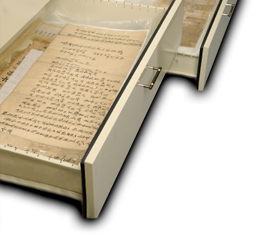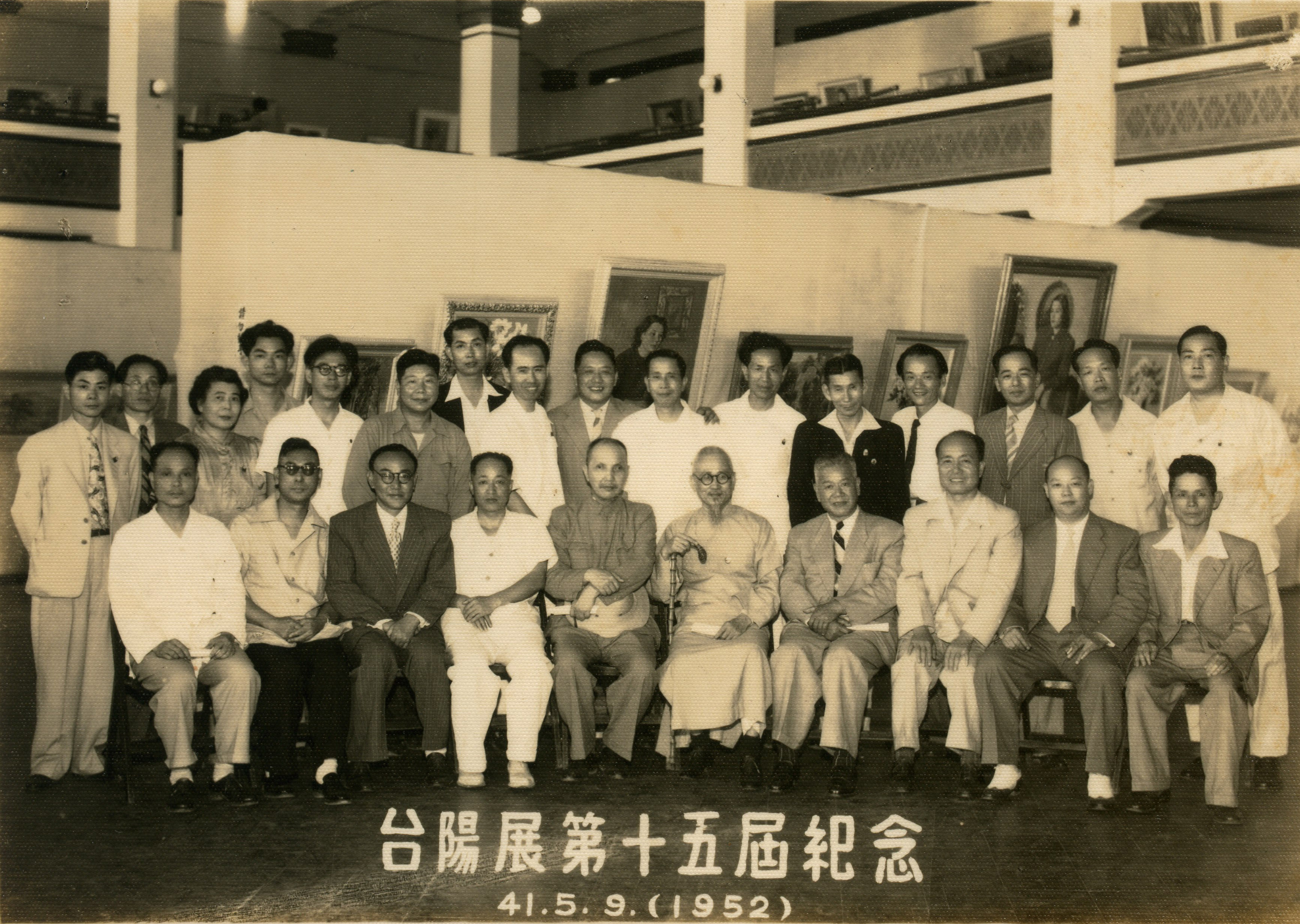|
In order to develop knowledge economy and utilize pioneering information technology, our government strongly promoted “Taiwan e-Learning and Digital Archives Program (2008-2012)” in 2008, expecting national archive digitization will effectively inherit culture, increase and apply knowledge. The National Sci-Tech Programs covered many areas. It included 8 sub-projects in order to execute and supervise its development in every dimension. International Collaboration and Promotion of Taiwan e-Learning and Digital Archives Program was one of the sub-projects. The theme of this program was connecting Taiwan to a global network. It not only introduced Taiwan’s liberal arts and biological diversities to the international community but also acquired scattered relics and biological materials overseas through various cooperative approaches. International Collaboration of Taiwan Cultural and Historical Resources Acquisition Project (2009-2012) was established in 2009 as the sub-project of International Collaboration and Promotion of Taiwan e-Learning and Digital Archives Program. For the goal of supplementing archival source and research materials and improving the environment of academic research in Taiwan, it convened several National-level institutions to jointly acquire scattered archives overseas. The cooperative strategies of the ICTAP were acquiring digital archives and adding value to the digital content. Each institute took its own role to jointly accomplish the project. The Institute of Taiwan History and the Research Center for Humanities and Social Sciences, Academia Sinica, executed the overseas acquiring project of archival documents and geospatial data separately. The National Central Library concentrated on collecting rare books and the National Palace Museum acquired historical maps. These institutes concentrated their efforts in order to:
The ICTAP successfully ended in 2012 when the National Sci-Tech Programs was completed. During the executing period, our members had visited 14 archival institutions in China, Japan, Russia, the United States and South Korea. The acquired result can be categorized in four fields: old archival documents, rare books, photographic materials and digital sources. For more details please refer to Gallery page. |




